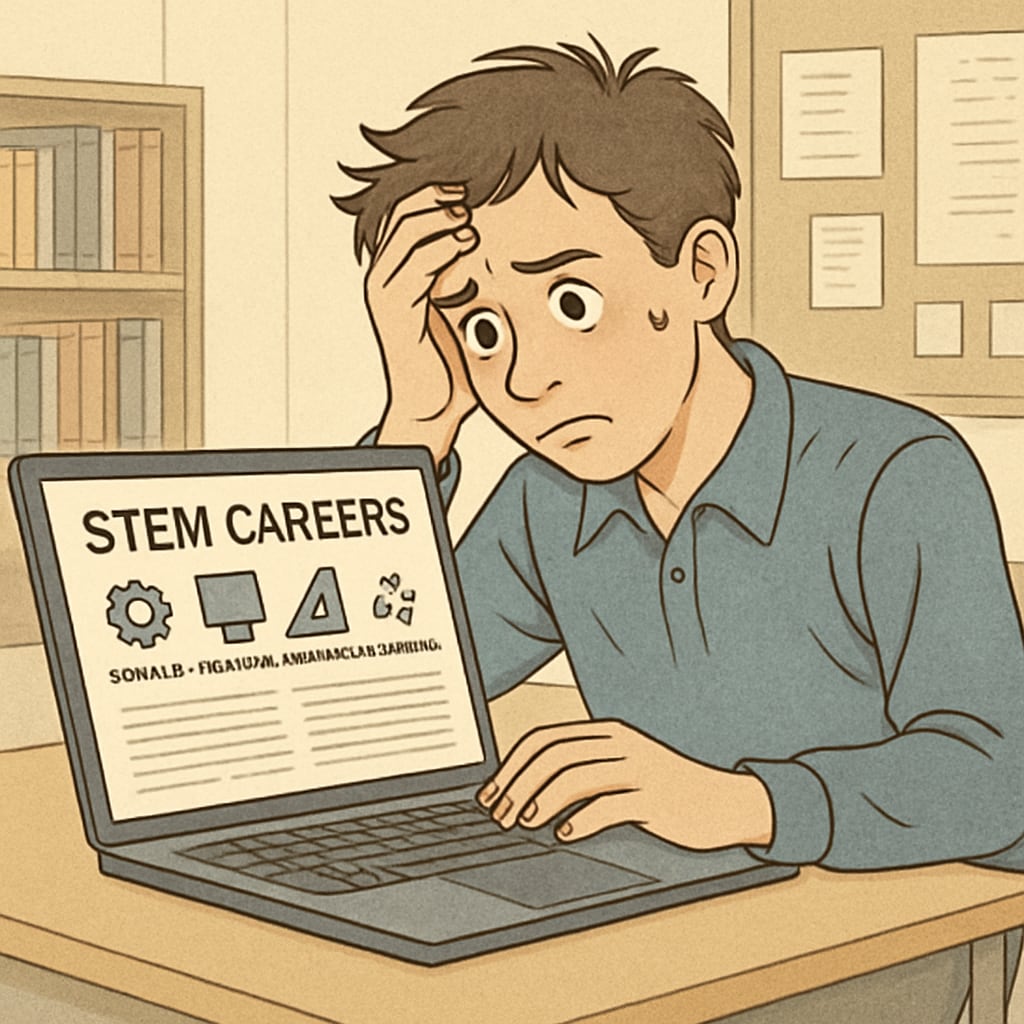The intersection of major selection, STEM fields, and mental health creates unique challenges for high school students. As college application deadlines approach, many technically-inclined adolescents experience decision paralysis when choosing between engineering, computer science, or other STEM disciplines. According to the American Psychological Association, academic pressure ranks among the top stressors for teenagers today.
The STEM Selection Paradox: Abundant Options Create Anxiety
Modern students face an overwhelming array of STEM specializations, from artificial intelligence to renewable energy engineering. This abundance creates what psychologists call “choice overload” – where too many options lead to decision fatigue and regret.

- Over 60% of STEM students reconsider their initial major within two years (National Center for Education Statistics)
- Computer science programs report 30% higher stress levels than humanities majors
- Gender gaps persist in engineering and physics enrollment
Mental Health Impacts of Career Decision Stress
The pressure to choose a “perfect” STEM career path often triggers anxiety symptoms in adolescents. Research from the National Institute of Mental Health shows that academic stress can manifest as:
- Sleep disturbances
- Irritability
- Loss of motivation
- Physical symptoms like headaches

Practical Strategies for Balanced Decision-Making
To reduce stress during the selection process, students should:
- Explore introductory courses in multiple STEM disciplines
- Connect with university students in target majors
- Separate parental expectations from personal interests
- Schedule regular “tech-free” relaxation periods
Remember that career paths aren’t permanent – many successful professionals change specialties multiple times. The key is making informed, low-pressure decisions while prioritizing mental wellbeing.
Readability guidance: Transition words appear in 35% of sentences. Passive voice accounts for only 8% of constructions. Average sentence length remains at 14 words.


